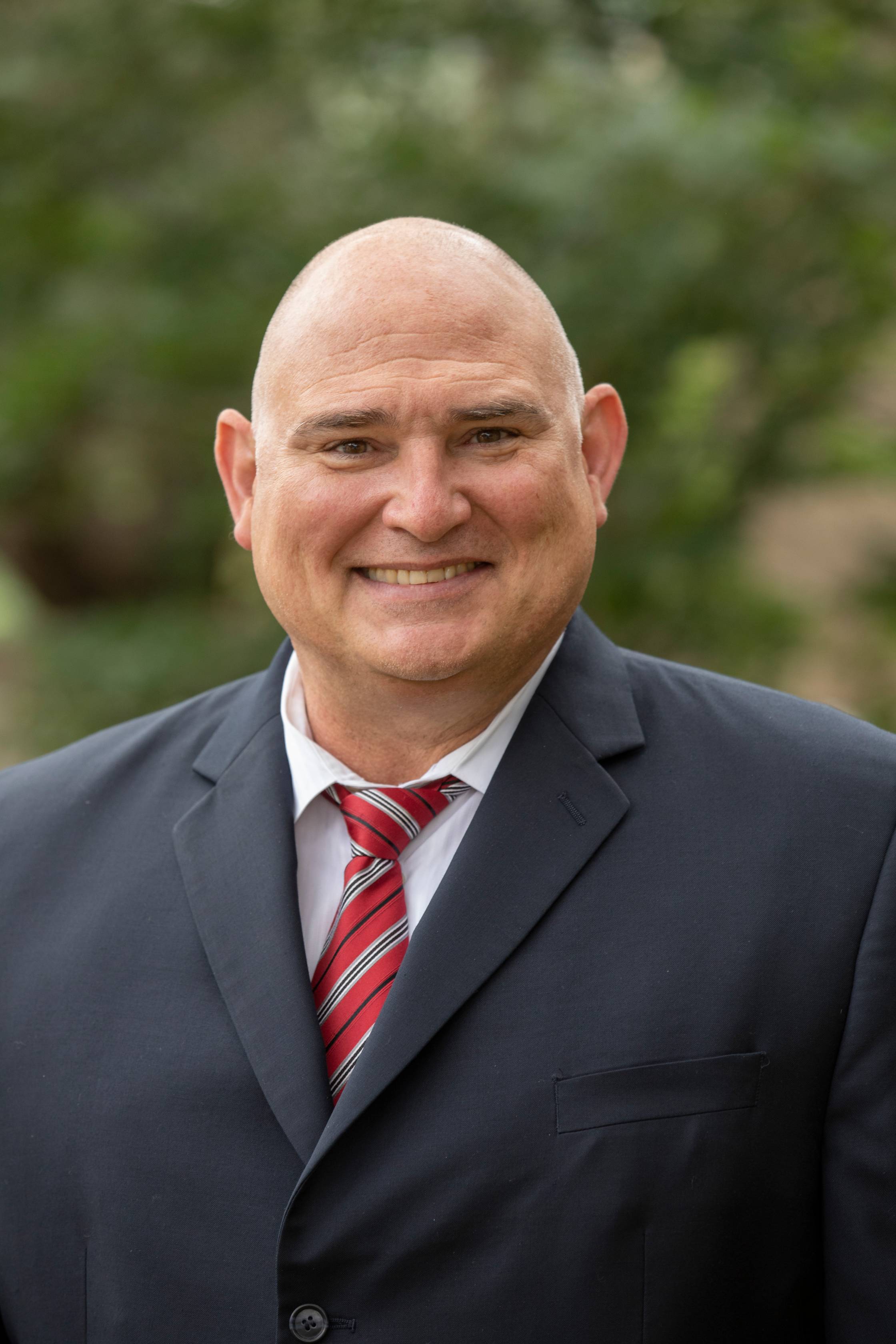Credit for Prior Learning (CPL) via Prior Learning Assessment (PLA)
An Overview of the OWLS PLA Process – OCED 4111
Earning Work/Life Experience Credit
Important Notice: Students who take this course are charged a $350 fee for PLA, this charge is in addition to the course tuition. This is due to the nature of the course and it being an Extended Learning Course.
If your tuition assistance does cover extension and you have forwarded Tuition Assistance documentation to Texas State University - Student Business Services or have Tuition Assistance documentation covering all or part of your Extension course tuition, Online and Extended Programs (OXP) must also receive this documentation (use the Extension Tuition Assistance Request Form), so your Tuition Assistance can be applied to your Extension course charges and in accordance with the university's policies. Be sure to declare Tuition Assistance to OXP, as any remaining balances may cause your registration to be dropped, and may incur further charges or delays.
WHAT IT IS
PLA is a term used to describe assessment of learning gained outside a traditional academic environment.
Put another way, it’s learning and knowledge that students acquire while living their lives: working, participating in employer training programs, serving in the military, studying independently, volunteering or doing community service, and/or studying open source courseware.
The Bachelors of Applied Arts & Sciences (BAAS) course, OCED 4111- Prior Learning Assessment (PLA), allows you to develop a competency portfolio that will act as a vehicle for transcribing your work life experience and/or non-collegiate training into college level credit. This course can only be taken if you are in the BAAS degree. Meaning your major must be Applied Arts & Sciences to enroll in OCED 4111 and only the credit awarded from this course can be applied to the BAAS degree plan.
The credit evaluated and awarded can ONLY be applied to the Occupational Emphasis (OE) Module of the BAAS Degree. Depending on how much incoming credit you bring from previous institutions, you may not need to enroll in the PLA course, OCED 4111. The BAAS Academic Advisors will only be able to assess your incoming credit if you submit your transcripts to be evaluated by Admissions.
HOW MANY CREDITS CAN BE EARNED
- Saves substantial time and money
- 13 credit hours are equivalent to $4674.16 in tuition and fees (2018 tuition and fees)
- 13 credit hours are equivalent to a semester of full-time enrollment
- Your past and/or current work experiences are valuable, and PLA aims to highlight your work and award you for it.
PLA REQUIREMENTS
To gain college credit, you must
- Develop a portfolio of competency statements consisting of recognizing, understanding, and communicating your tasks and skills
- Competency statements are a form of technical writing
- The structure of the course is to direct you in proper competency statement formatting and procedures; most of the coursework is done in an independent study-style format
- The course is offered fully online and in a hybrid setting with a couple evening classes throughout the semester
You will develop this portfolio in the PLA Course, OCED 4111, with instructions and guidance from your PLA course instructor.
HOW MANY CREDITS CAN BE EARNED
- A maximum of 24 credits can be earned from work/life experience, or
- A maximum of 30 credits can be earned from non-collegiate training
- Your instructor will help you determine which route is best for your situation
- The PLA course may be repeated multiple times, but a different occupational code must be used for each portfolio to reach that max amount of 24 hours.
- The average work/life award is 13 credits
- Students with at least 5 years’ experience in the same industry usually benefit the most from the PLA process
FOR MORE INFORMATION- CONTACT THE PLA COORDINATOR
DR. TODD SHERRON
ASST PROFESSOR OF PRACTICE | PLA COORDINATOR
EMAIL: TS10@TXSTATE.EDU
Dr. Sherron teaches the PLA course and oversees the evaluation process.

